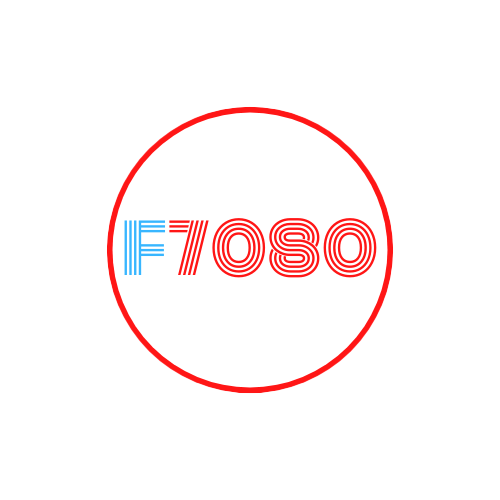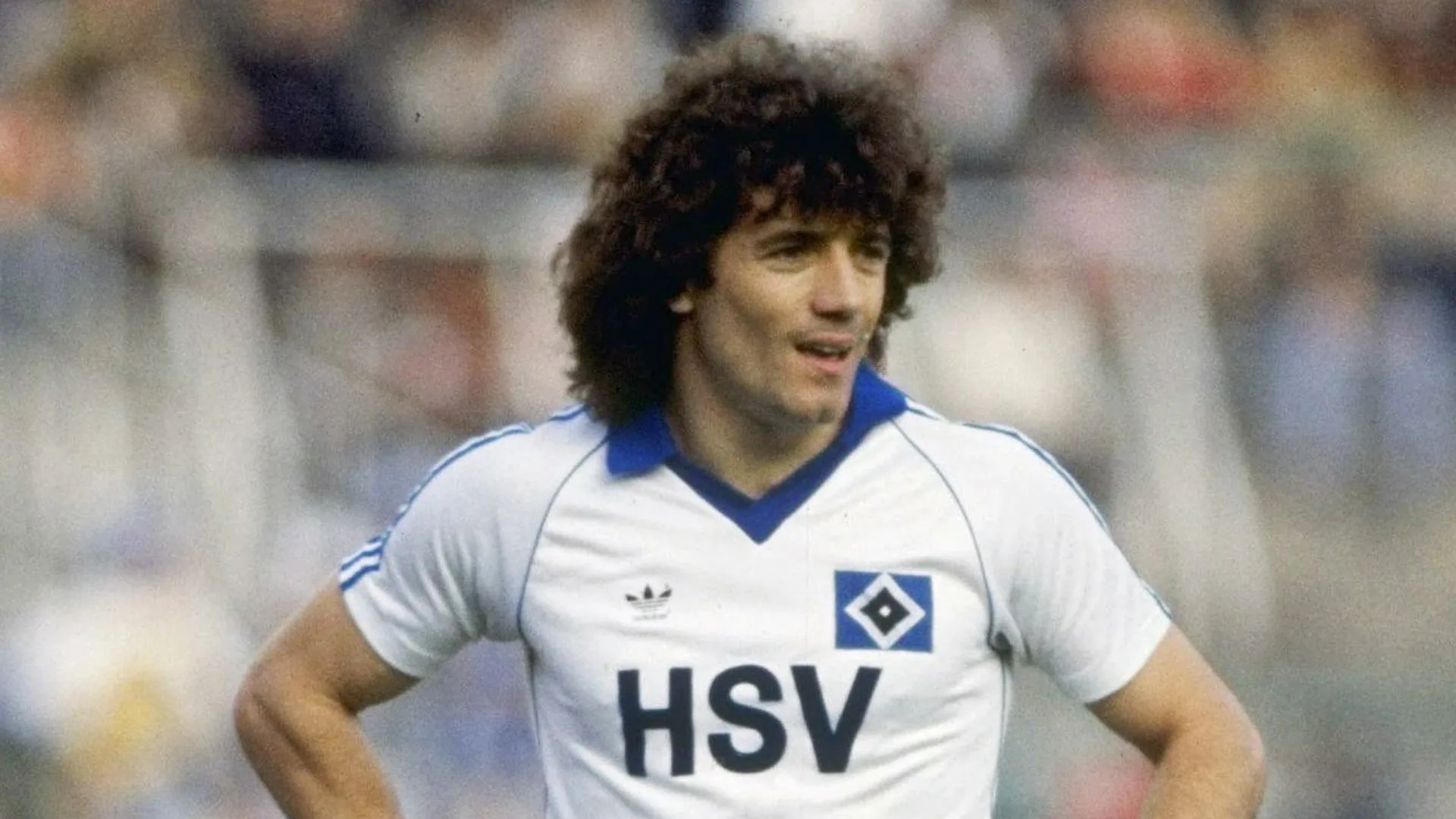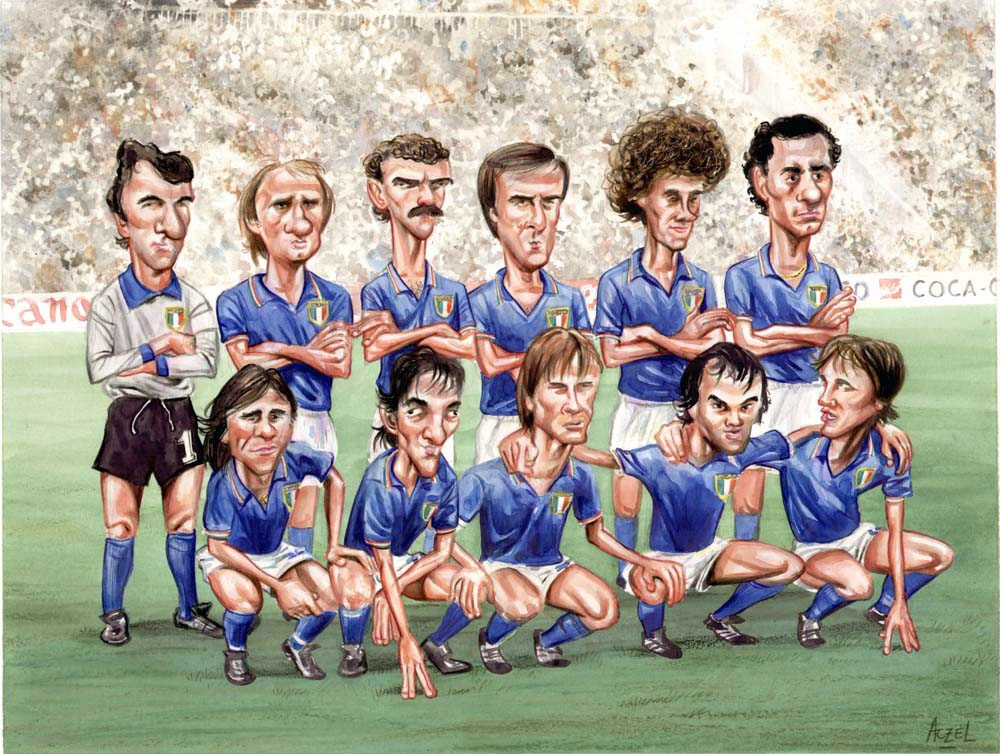Bernd Schuster, born in Augsburg in 1959, began his professional career at Cologne and had played in a European Cup semi-final – the second leg of a 4-3 aggregate defeat to Nottingham Forest in 1979 – and made over 60 Bundesliga appearances by the age of 20. His technical ability, flair, and physical prowess attracted the attention of numerous clubs after starring in West Germany’s victorious Euro 80 team, but it was Barcelona that “der Blonde Engel” – “the blonde angel” – chose to join that summer.
After winning the Copa del Rey in his first season, Schuster was sidelined for nine months in December 1981 by a horrific tackle from Bilbao’s Andoni Goikoetxea. He watched as his teammates blew a five-point lead in La Liga but went on to win the European Cup-Winners Cup, while West Germany lost the 1982 World Cup final. Diego Maradona joined Barcelona from Boca Juniors for a world record fee that summer, but with only two foreign starters permitted, something had to give between the Argentine, the returning German, and Allan Simonsen. The Dane’s unlikely next step after being put out by the new arrival was Charlton Athletic.
The Blonde Angel Ditches Germany
Room-mates In their two seasons together, Maradona and Schuster connected on and off the field, winning the Copa del Rey and reaching the European Cup-Winners Cup quarter-final, losing to a Manchester United comeback from 2-0 down in March 1984, but Maradona left for Napoli that summer. Schuster’s brief international career ended in the 1983-84 season after he clashed with head coaches Jupp Derwall and Franz Beckenbauer; he refused to play at Euro 84.
Terry Venables arrived at Camp Nou and his team only lost twice on their way to the 1984-85 title. Bernd Schuster “the blonde angel” serving as their midfield engine. They faced Steaua Bucharest in the 1986 European Cup final, but Schuster stormed back to the hotel after being taken off after 85 minutes. He missed seeing his teammates draw a blank in the shootout. The ensuing fallout and legal wranglings over his contract caused him to miss the entire following season, and while he returned for the 1987-88 season, a series of further spats fueled rumours of a move to Real Madrid.
From Barca to Madrid
He made the controversial move in June 1988 and helped them win their fourth consecutive championship in his first season. Real returned to La Liga dominance under John Toshack. However, a pre-season tour dispute forced the club to buy out Schuster’s contract.
In October 1990, he crossed the city to join Atlético Madrid, his second move to a rival. His first goal came in a 2-1 win over Barcelona that month. By early April, Atlético was only four points behind them in the title race. They lost six of their last eight games and finished ten points behind, but won the Copa del Rey.
Bernd Schuster The Manager
In 1991-92, only two points separated eventual champions Barcelona, Real Madrid, and Atlético Madrid. Before an all-Madrid Copa del Rey final at the Santiago Bernabéu. Bernd Schuster’s stunning free-kick propelled Atlético to a 2-0 victory over their rivals, his sixth and final title.
Injuries meant that Schuster’s final season in Spain would be his last. He finished his career at Bayer Leverkusen and Universidad Nacional in Mexico, retiring in 1997 at the age of 37. Schuster later managed Cologne, Xerez, Shakhtar Donetsk, Getafe, and Besiktas. Finally returning to Real Madrid to lead them to the league title in 2007-08. He led a controversial and sometimes breathtaking career. No one can deny that Germany’s Bernd Schuster, “the blonde angel” did anything but lead a colourful footballing journey.
This post may contain affiliate links which means I may receive a commission for any purchases made through these links. Learn more on our Privacy Policy page.
Stuart Furniss
Lifelong Liverpool fan born and bred in a small town in Hampshire, England now living in sunny Los Angeles.
Original owner, editor and site administrator for the award-winning website The 4th Official.
Related Posts
Kevin Keegan’s Bundesliga Ballet in Hamburg
Follow the journey of when Kevin Keegan went to Hamburg. Read as he conquered…




